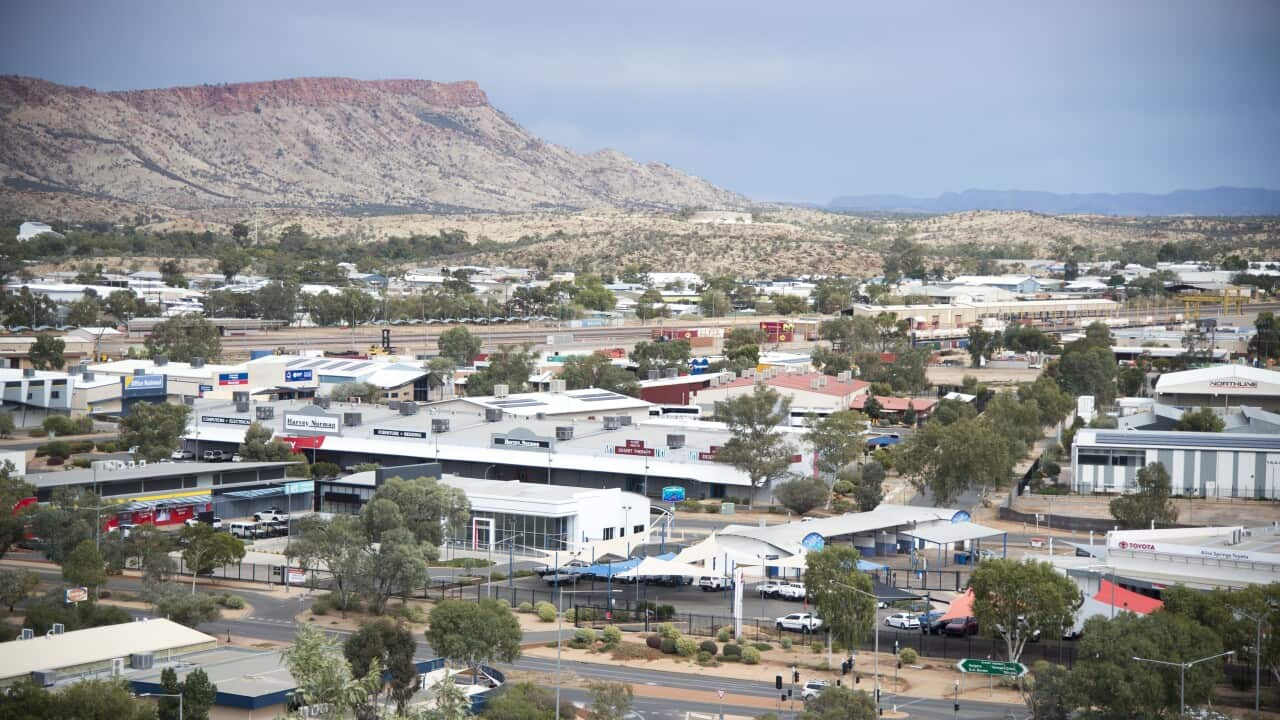Key Points
- Centre for Population Genomics says by decoding genetic information, researchers can tailor diagnoses, predict susceptibility to diseases, and develop more effective treatments.
- Grace Liston, Vice President of the Philippine Community Council of New South Wales, says that the full potential of these breakthroughs remains unrealised due to gaps in genomic data representation, particularly from diverse communities worldwide. The OurDNA project seeks to address this imbalance by actively involving Filipino Australians in the collection of genetic information.
- As the Murdoch Childrens'Research Institute and Centre for Population Genomics continues to expand its database of genomic information, the hope is that more diverse populations, including Filipinos, will benefit from future medical breakthroughs.
Genomics, the study of an organism's complete set of DNA, offers profound insights into individual health profiles. According to the Centre for Population and Genomics, by analysing genetic information, researchers can uncover predispositions to diseases, tailor treatments based on genetic factors, and predict responses to medications with greater accuracy than ever before.
For Filipino populations, which comprise a diverse range of genetic backgrounds and susceptibilities to various health conditions, genomics could prove transformative.
Grace Liston, a research scientist and the Vice President of the Philippine Community Council of NSW says many diseases prevalent among Filipinos, such as diabetes, cardiovascular diseases, and certain cancers, have complex genetic components influenced by both environmental and genetic factors. Understanding these genetic nuances could lead to targeted interventions and preventive strategies tailored specifically to Filipino genetic profiles.
"The implications of genomic research for Filipino health are significant," Liston asserts. "By deciphering these genetic complexities, we can pave the way for personalised healthcare solutions that address the unique needs of our community."
Unfortunately, current DNA databases primarily include individuals of European ancestry, posing challenges in accurately diagnosing patients from other ancestries. Recognising this disparity, the Centre for Population Genomics (CPG) has launched the OurDNA research program. This flagship initiative aims to increase genomic representation across Australian communities, encompassing African, Asian, Middle Eastern, Oceanian backgrounds, as well as Aboriginal and Torres Strait Islander communities.
Join us in this podcast as we delve into the evolving landscape of this genomic research and its implications for the healthcare of Australia's diverse communities.
"Kalinga," which translates to 'care' in Filipino, will delve into crucial topics such as health, cultural understanding, and community resilience. With a focus on providing practical insights and fostering a sense of community, the podcast seeks to be a valuable resource for Filipino-Australians navigating the post-COVID-19 era."




